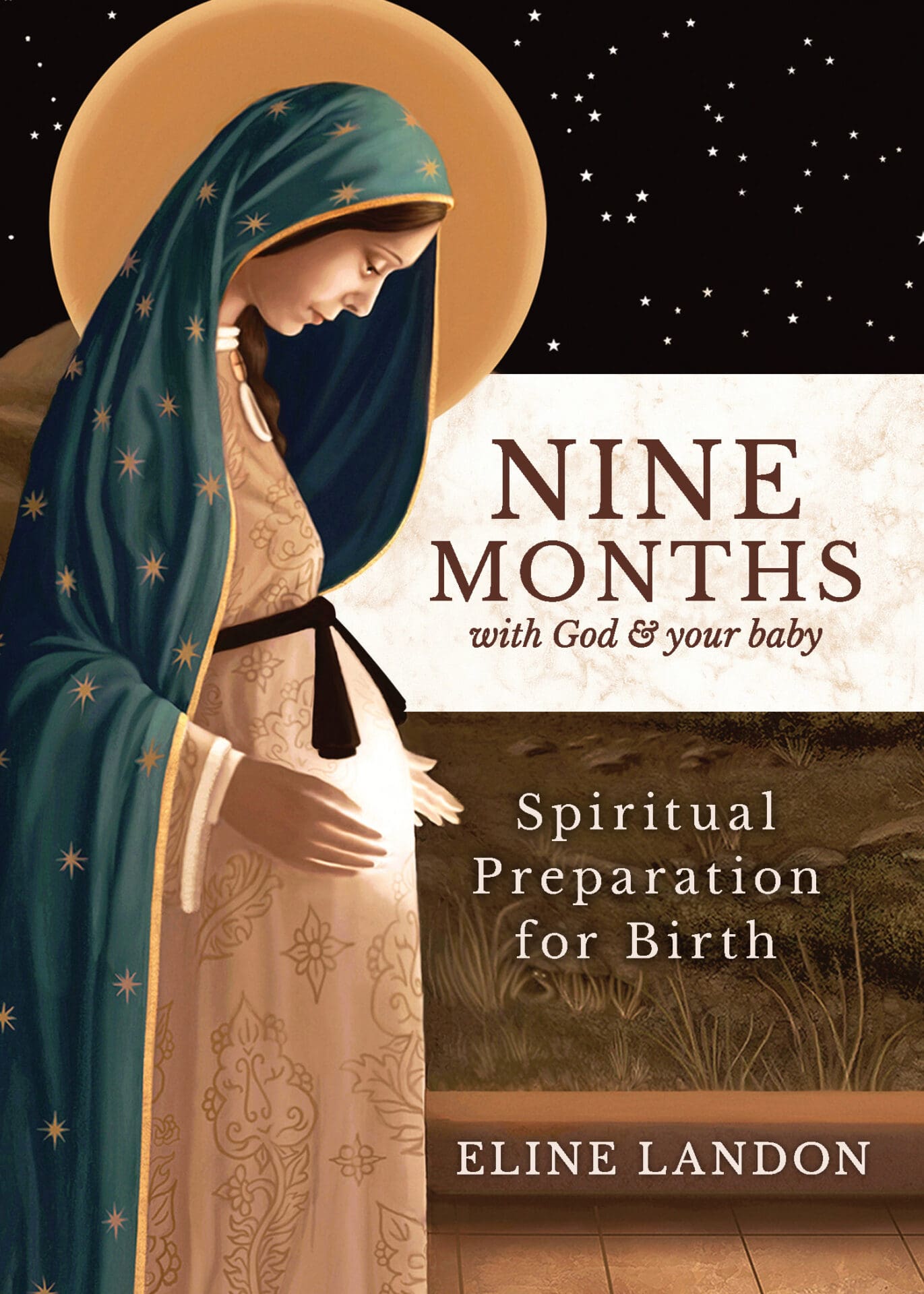Hannah is one of the women in the Bible who was not able to bear a child until she reached old age. Each year, Hannah goes to the sanctuary to plead with the Lord. Because this desire for a child is not satisfied, her shame torments her. She is “sorely troubled,” “deeply distressed,” “weeping bitterly,” and “her heart is sad.” We can look at Hannah’s despair and the powerlessness of her husband, who responds: “Am I not more to you than ten sons?” He also would like to satisfy her, but it is impossible because she is awaiting someone else, and the conjugal bond is not enough to fulfill her. Waiting for a child implies a couple — a man and a woman. This desire lives in both the man and the woman, even if we do not know how to express it in the same way and at the same time. Seeing Hannah’s sadness also afflicts her husband, who would very much like to make her happy.
We do not all experience this profound sadness, but, in Hannah’s despair and prayer, there is a teaching for each and every situation. The call to maternity is sometimes so strong that it is not hard for us to imagine what Hannah can be feeling. And when one is waiting for a child, it is not hard to be like her, begging the Lord to intervene in our favor. We should not neglect the prayer of intercession, which can be very powerful.
Determination Permeates Desolation
Let us look at Hannah’s determination, which enables her to release her sadness. She goes up. She willingly pours her heart out to God. The text tells us that she “prayed to the Lord and wept bitterly,” and again, “She continued praying before the Lord,” and again, she spoke “in her heart.” These phrases emphasize that prayer is not optional but is the heart of the matter. The prayer sustains Hannah’s waiting; she is full of hope. After her prayer of supplication, it is said that “her countenance was no longer sad.” Hannah finds peace again. She goes away and agrees to eat and to get back to living. She does not yet know that she is going to conceive; nonetheless, she does not feel sad, as she did before. The prayer and the exchange with Eli, which is first turbulent and then filled with compassion, changes her heart. She can peacefully go back to her family. Her face changes, even though the circumstances are apparently the same.
Hannah teaches us, through this, to pray and not to scorn our heart’s desires. Even if our fertility has not been tested, we should be attentive to our desire for a child and entrust it to God in prayer. Even before the conception of our children, we need to pray. Like Hannah, we should live in confidence and surrender, handing everything over into God’s hands.
Hannah’s prayer certainly expresses all that she is experiencing. She is in the Temple to “pour out her soul before the Lord,” and she “is speaking in her heart,” to the extent that Eli, the high priest, thinks that she is drunk. “For all along I have been speaking out of my great anxiety and vexation.” Let us also allow our hearts to overflow before the Lord in prayer and not hesitate to entrust our pain, joys, fears, hope, and sometimes even our anger to Him. Hannah does not worry about what people will say. She does not look around her to see if people are observing her; she lets her heart speak. So, if tears overwhelm us, let them flow without shame.
Always at Your Side
God is not distant. He wants to be close to us, and we can, with complete confidence, confide in Him, by way of heartfelt prayer that overflows and expresses who we are in the depths of our being. It allows us to make things right. The child who will be entrusted to us is a gift and not a duty. Hannah affirms this by telling the Lord that if He will “give to thy maidservant a son, then I will give him to the Lord all the days of his life.” The child is no longer only her child but becomes the Lord’s child.
When Eli understands Hannah’s approach, he blesses her, saying, “Go in peace, and the God of Israel grant your petition which you have made to him.” We can also understand that this “go in peace” is for us. Our heart stops being agitated. We see very well how Hannah’s attitude changes. We perceive the turmoil that shakes her whole being and ends up subsiding, which leads her to be much more peaceful.
Therefore, let us also walk peacefully and confidently as we carry out the plan that God has for us. Let us know how to express our requests with the certainty that what God gives us is more than we can hope for. This verse can accompany us while we are waiting:
Take delight in the Lord, and he will give you the desires of your heart.
Commit your way to the Lord; trust in him, and he will act. (Ps. 37:4–5).
+
This article is adapted from a chapter in Nine Months with God and Your Baby by Eline Landon which is available from Sophia Institute Press.
Art for this post on The Desire for a Child: Cover used with permission; Featured image used with permission of Pixabay.
To read more about the Model of Motherhood, click HERE.





